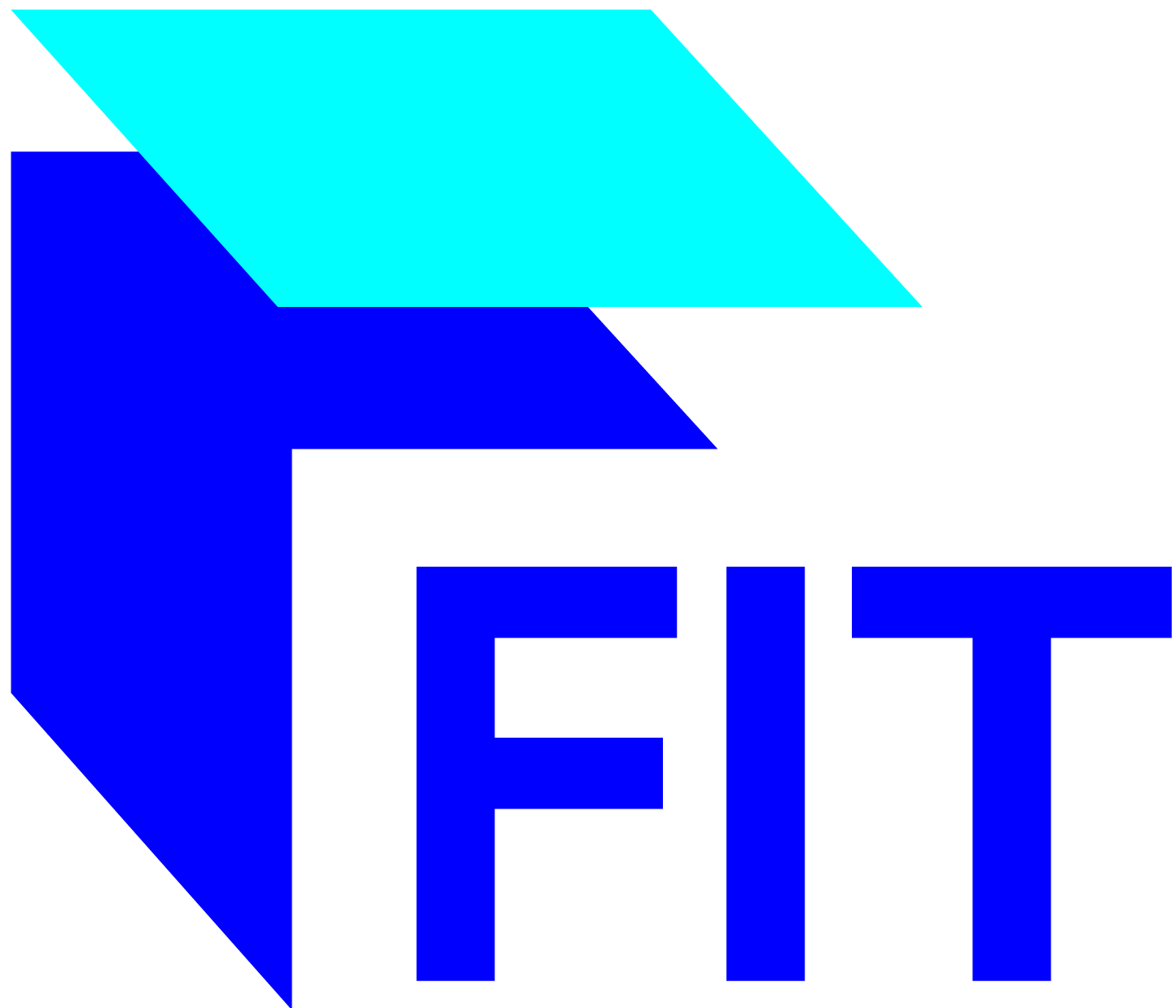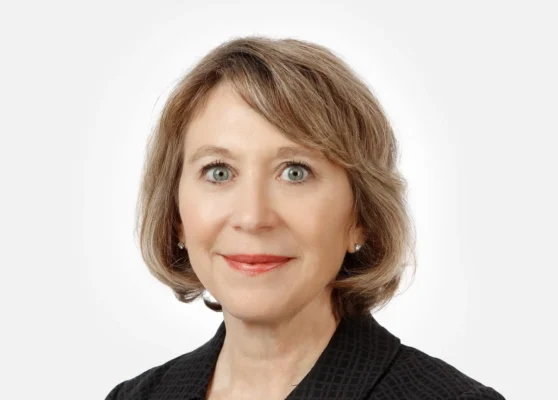Notifications
Clear all
PENSION
Status
Author
Topics
Forum
Replies
Views
Last Post
What’s your biggest concern about retirement savings, and what solutions do you think would help?
By admin, Feb 23
0
127
11 months ago
Consultation & Training
Professional and Tailored Consultation and Training Programs, designed for individuals and groups.
Insurance Tools
Tools for Insurance




Statistics
Data & Insights
2020-2030: ten years that will transform insurance forever
Get quick solutions to resolve failed or delayed bank transactions today.
Frequently Asked Question
What is FIT4Africa?
FIT4Africa (Financial Inclusion Tools for Africa) is a digital platform designed to bridge financial gaps by providing individuals, businesses, and stakeholders with access to credible financial information, expert guidance, essential tools, data-driven insights, and vibrant communities.
Who can use FIT4Africa?
FIT4Africa is open to individuals, small businesses, financial service providers, policymakers, researchers, and development organizations looking for financial inclusion solutions across Africa.
What is a pension?
A pension is a retirement savings plan that provides individuals with financial security after they stop working. It ensures a steady income during retirement through contributions made during one’s working years.
Why is a pension important?
A pension provides financial stability in old age, reduces dependence on others, and ensures a comfortable retirement. It helps individuals maintain their standard of living after retirement.
How does a pension system work?
• Individuals contribute a portion of their earnings to a pension fund.
• Employers (in some cases) also contribute on behalf of employees.
• The funds are invested and grow over time.
• Upon retirement, individuals receive regular payments (pension benefits).
• Employers (in some cases) also contribute on behalf of employees.
• The funds are invested and grow over time.
• Upon retirement, individuals receive regular payments (pension benefits).
What are the different types of pension schemes?
• Contributory Pension Scheme (CPS): Employees and employers contribute monthly towards retirement.
• Non-Contributory Pension Scheme: Funded entirely by the government for certain groups (e.g., civil servants).
• Voluntary/Personal Pension Plans: Individuals contribute independently to build retirement savings.
• Defined Benefit Pension: Benefits are predetermined based on salary and years of service.
• Defined Contribution Pension: Benefits depend on total contributions and investment performance.
• Non-Contributory Pension Scheme: Funded entirely by the government for certain groups (e.g., civil servants).
• Voluntary/Personal Pension Plans: Individuals contribute independently to build retirement savings.
• Defined Benefit Pension: Benefits are predetermined based on salary and years of service.
• Defined Contribution Pension: Benefits depend on total contributions and investment performance.
Who can have a pension plan?
Anyone can participate in a pension plan, including:
• Employees in the public and private sectors.
• Self-employed individuals.
• Informal sector workers (via micro-pension schemes).
• Employees in the public and private sectors.
• Self-employed individuals.
• Informal sector workers (via micro-pension schemes).
How do I enroll in a pension scheme?
• If employed, your employer should register you with a pension fund administrator (PFA).
• If self-employed, you can register directly with a pension provider.
• Ensure you have valid identification, a bank account, and other necessary documentation.
• If self-employed, you can register directly with a pension provider.
• Ensure you have valid identification, a bank account, and other necessary documentation.
What is a Pension Fund Administrator (PFA)?
A PFA is a licensed company that manages pension funds, ensures contributions are invested, and pays retirement benefits.
What is a Pension Fund Custodian (PFC)?
A PFC holds pension assets on behalf of PFAs and ensures safekeeping of funds. They are separate from PFAs to provide transparency and security.
Can I have multiple pension accounts?
No, individuals are only allowed to maintain one Retirement Savings Account (RSA) under the contributory pension scheme.
How much should I contribute to my pension?
In most contributory pension schemes:
• Employers contribute a minimum of 10% of the employee’s monthly salary.
• Employees contribute a minimum of 8% of their salary.
• Self-employed individuals can contribute any amount, subject to pension rules.
• Employers contribute a minimum of 10% of the employee’s monthly salary.
• Employees contribute a minimum of 8% of their salary.
• Self-employed individuals can contribute any amount, subject to pension rules.
Can I contribute more than the required amount?
Yes, individuals can make voluntary contributions to increase their pension savings and improve their retirement benefits.
How are pension funds invested?
Pension funds are invested in low-risk financial instruments such as:
• Government bonds.
• Treasury bills.
• Corporate bonds.
• Stocks (equities).
• Real estate investment trusts (REITs).
• Government bonds.
• Treasury bills.
• Corporate bonds.
• Stocks (equities).
• Real estate investment trusts (REITs).
When can I start withdrawing my pension?
• Typically at the official retirement age of 60.
• Early withdrawal is allowed at age 50 if unemployed for up to four months.
• Some pension schemes allow partial withdrawal for specific needs.
• Early withdrawal is allowed at age 50 if unemployed for up to four months.
• Some pension schemes allow partial withdrawal for specific needs.
Can I withdraw my pension before retirement?
• You can withdraw 25% of your contributions if unemployed for at least four months after leaving a job.
• Full withdrawal is only allowed upon reaching retirement age or in cases of critical illness/disability.
• Full withdrawal is only allowed upon reaching retirement age or in cases of critical illness/disability.
What happens to my pension if I change jobs?
Your pension remains with your Pension Fund Administrator (PFA) and continues to grow. You can transfer your contributions to a new employer’s pension scheme.
How is my pension paid when I retire?
You have two main options for pension withdrawal:
• Programmed Withdrawal – You receive regular payments (monthly/quarterly) based on life expectancy.
• Annuity – You buy a life annuity from an insurance company and receive fixed payments for life.
• Programmed Withdrawal – You receive regular payments (monthly/quarterly) based on life expectancy.
• Annuity – You buy a life annuity from an insurance company and receive fixed payments for life.
What happens if I outlive my pension savings?
• If you choose an annuity plan, you continue to receive payments for life.
• With a programmed withdrawal, payments stop when funds are exhausted, but additional benefits may apply in some cases.
• With a programmed withdrawal, payments stop when funds are exhausted, but additional benefits may apply in some cases.
Can I receive my pension as a lump sum?
Yes, you can withdraw up to 50% of your total savings as a lump sum, while the rest is structured into periodic payments.
What happens to my pension if I die before retirement?
Your pension savings will be transferred to your nominated beneficiary or next of kin.
Can I transfer my pension to another Pension Fund Administrator (PFA)?
Yes, under the Pension Transfer Window, you can switch PFAs once per year for better service or investment performance.
What is a micro-pension scheme?
A micro-pension scheme is a flexible pension plan designed for self-employed individuals and informal sector workers. Contributions can be made daily, weekly, or monthly.
How does a micro-pension scheme work?
• Participants make small, flexible contributions into a pension account.
• Contributions are invested to generate returns.
• Upon retirement, participants receive monthly pension payments.
• Contributions are invested to generate returns.
• Upon retirement, participants receive monthly pension payments.
Who qualifies for a micro-pension scheme?
• Market traders, artisans, farmers, ride-hailing drivers, and freelancers.
• Self-employed individuals who do not have employer-sponsored pension plans.
• Self-employed individuals who do not have employer-sponsored pension plans.
How can I register for a micro-pension?
• Register with a licensed Pension Fund Administrator (PFA).
• Provide a valid ID and bank details.
• Start making contributions at your convenience.
• Provide a valid ID and bank details.
• Start making contributions at your convenience.
Who regulates pension schemes in Africa?
Pension schemes are regulated by national pension authorities, such as:
• Nigeria – National Pension Commission (PenCom).
• South Africa – Financial Sector Conduct Authority (FSCA).
• Kenya – Retirement Benefits Authority (RBA).
• Ghana – National Pensions Regulatory Authority (NPRA).
• Nigeria – National Pension Commission (PenCom).
• South Africa – Financial Sector Conduct Authority (FSCA).
• Kenya – Retirement Benefits Authority (RBA).
• Ghana – National Pensions Regulatory Authority (NPRA).
Pension Loans




